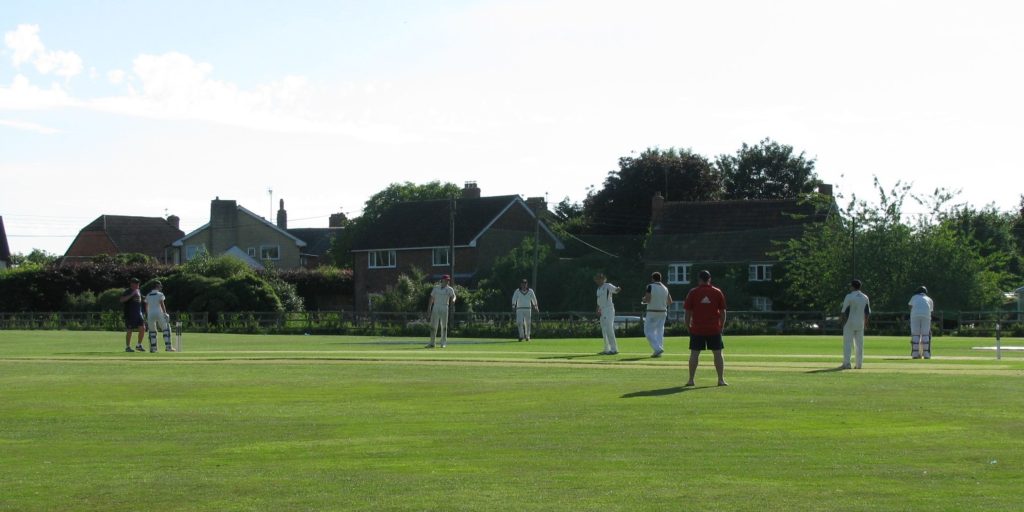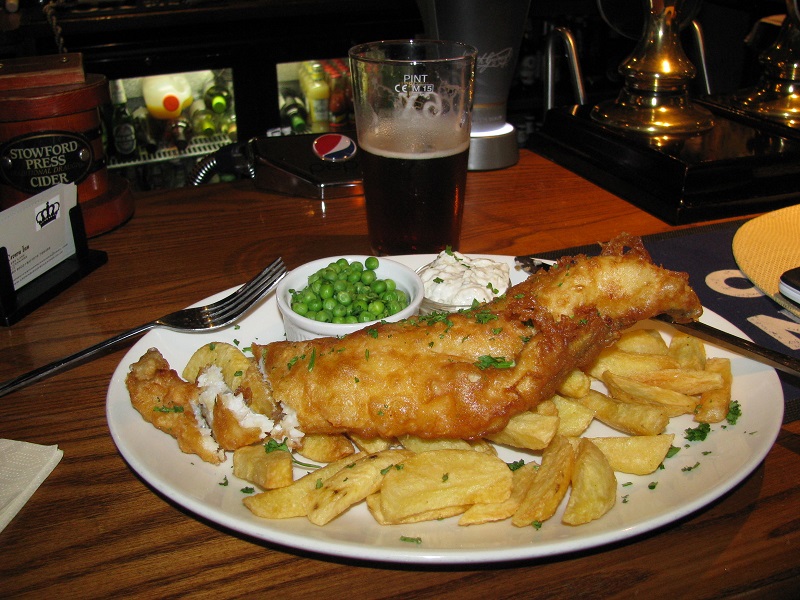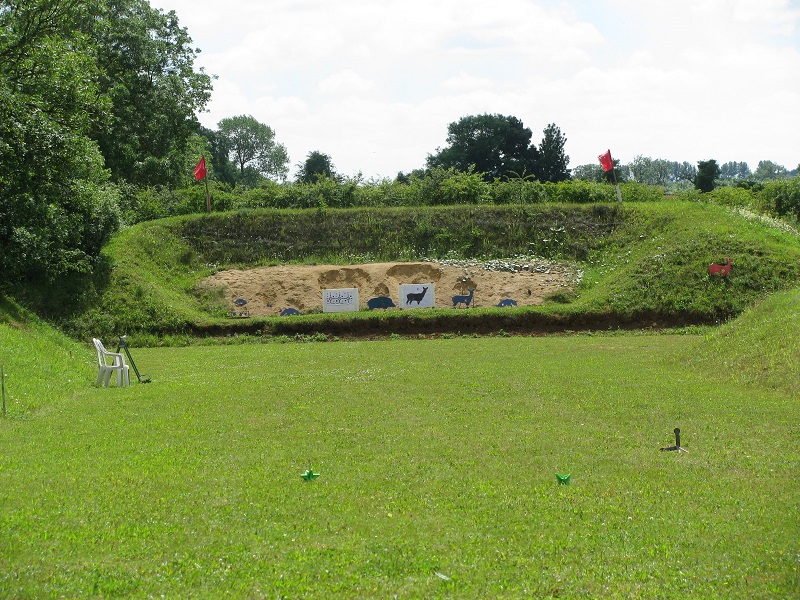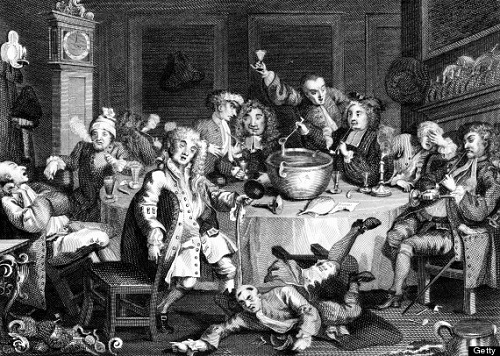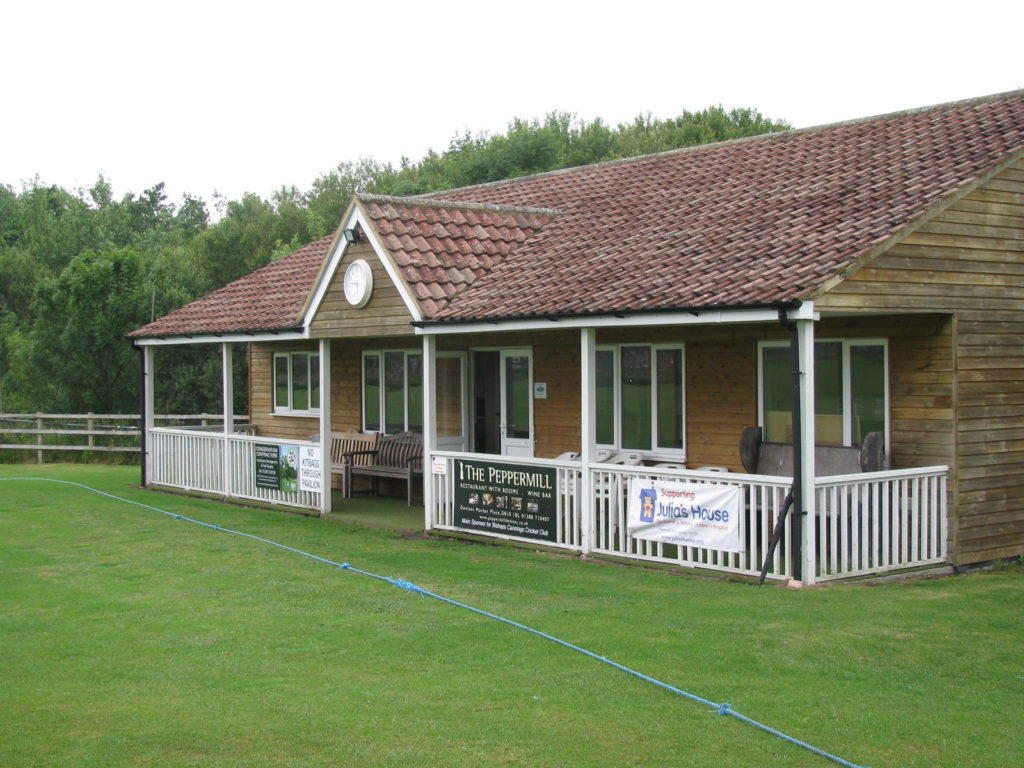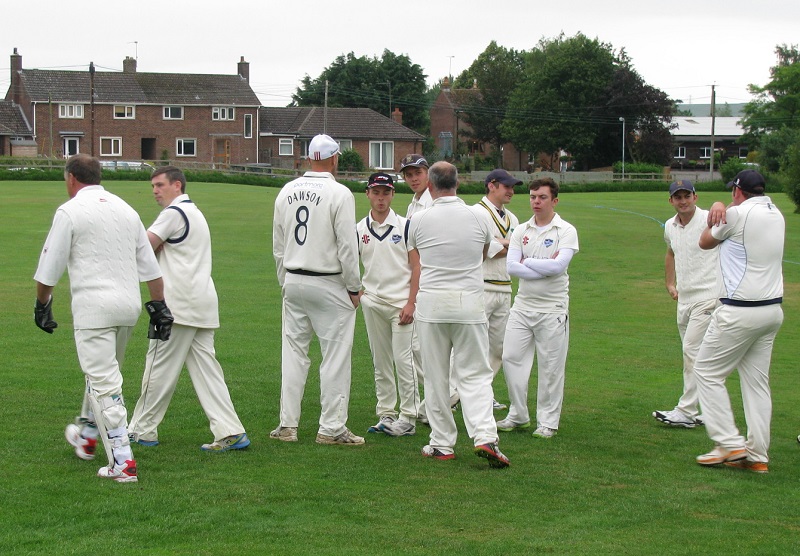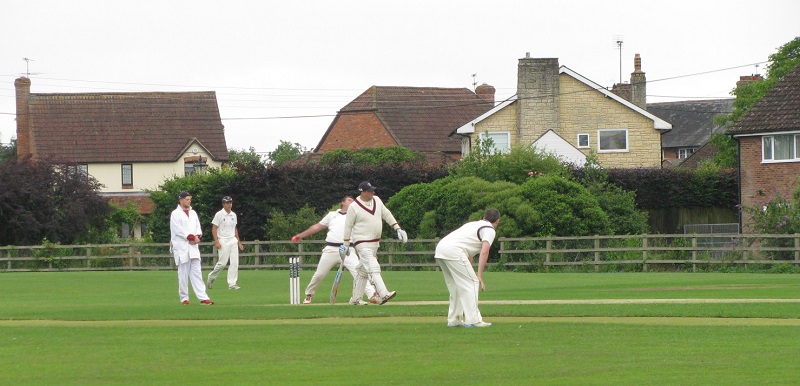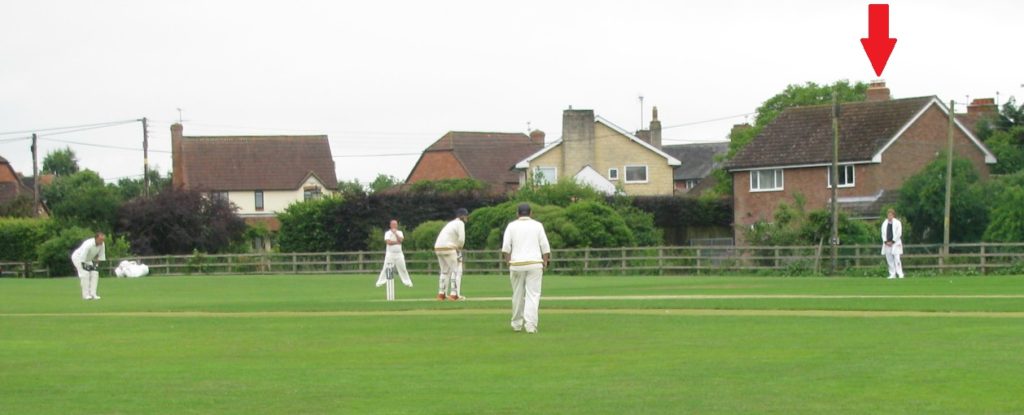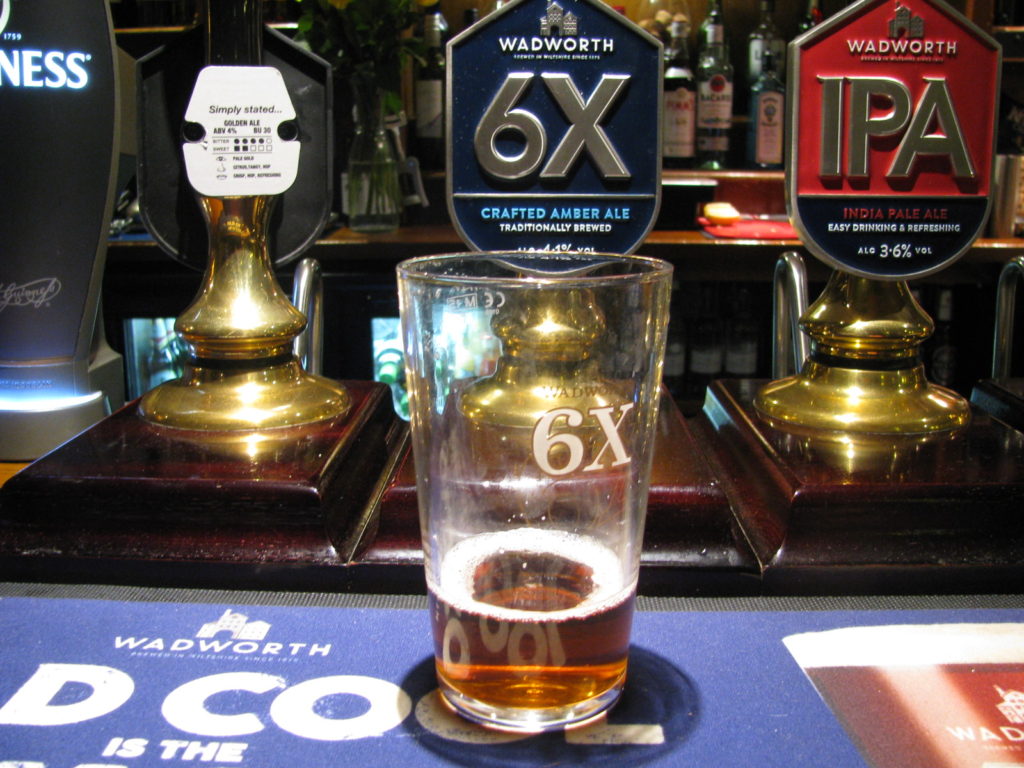As much as I love my job Over Here, reporting from behind enemy lines, there are certain things which drive me nuts. Chief among them is pronunciation, because while there are some rules, there are almost as many exceptions. Should any of my Loyal Readers find themselves in Britishland, here are a few tips which may prevent you from sounding like a mawkish ‘Murkin. Most are place names.
The town of Cirencester is pronounced “Siren-sister”, but the town of Bicester is not Bye-sister, but “Bister”, like mister. Similarly, Worcester is pronounced “Wusster” (like wussy), which makes the almost unpronounceable Worcestershire (the county) quite simple: “Wusster-shirr” (and not Wor-sester-shyre, as most Americans mispronounce it).
Now pay careful attention. A “shire” (pronounced “shyre”) is a name for county*, but when it comes at the end of a word, e.g. Lincolnshire, it’s pronounced “Linconn-shirr”. The shire is named after the county seat, e.g. the aforementioned Worcester (“Wusster”) becomes Worcestershire (“Wuss-ter-shirr”) and Leicester (“Less-ter”) becomes Leicestershire (“Less-ter-shirr”). Unless it’s the town of Chester, where the county is named Cheshire (“Chesh-shirr”) and not Chester-shirr. Also Lancaster becomes Lancashire (“Lanca-shirr”), not Lancaster-shirr, and Wilton begat Wiltshire (“Wilt-shirr”). Wilton is not the county seat; Salisbury is. Got all that?
*Actually, “shire” is the term for a noble estate, e.g. the Duke of Bedford’s estate was called Bedfordshire, which later became a county; ditto Buckingham(-shire) and so on, except in southern England, where the Old Saxon term held sway, and the estate of the Earl of Essex became “Essex” and not Essex-shire, which would have been confusing, not to say unpronounceable. Ditto Sussex, Middlesex and Wessex. Also, the “-sexes” were once kingdoms and not estates. And in the northeast of England are places named East Anglia (after the Angles settled there) and Northumbria (ditto), which isn’t a county but an area (once a kingdom), now encompassing as it does Yorkshire and the Scottish county Lothian — which I’m not going to explain further because I’m starting to bore myself.
And all rules of pronunciation go out the window when it comes to Northumbrian accents like Geordie (in Newcastle-On-Tyne) anyway, because the Geordies are incomprehensible even to the Scots, which just goes to show you.
Now here’s where it gets really confusing.
Villages used to be called “hamlets” (still are, in some places), so a village might be called Chesham (pronounced “Chezz’m” and not Chesh-ham), unless it’s the town of Horsham, which is pronounced “Whore-sh’m” (not whore-sham). In fact, Chesham might be an anomaly, because most villages where the name ends with an “s” create an “sh” dipthong — e.g. the lady in Great Expectations who’s called, Miss “Haver-sham” and not Havers-ham. Also, the “-sham” is pronounced “-sh’m” (or “-shim”), but let me not confuse you here.
The letter “l” inside a word is almost always silent. Palm and calm are pronounced “pahm,” and “cahm”, so the village of Calne is pronounced “Cahn” and not Cal-nee or Cal-nuh — similarly, the village of Rowde is pronounced “Rowd” (like crowd) and not Roadie, Rowdee or Rowd-uh.
Oh, and to end this thing: people are often confused by Welsh place names such as:
Llanfairpwllgwyngyllgogerychwyrndrobwll-llantysiliogogogoch
…but you needn’t worry. It’s just that the Welsh, like the Germans, run several words (and even phrases) together into a single word. The name of the above town, which is on the Isle of Anglesey, simply means “St. Mary’s Church in the hollow of the white hazel near a rapid whirlpool and the Church of St Tysilio of the red cave”. It used to be called by a much shorter name, Llanfair Pwllgwyngyll (“The Mary church by the pool near the white hazels”), but that wasn’t confusing enough to the English and Scots, and the Welsh do love to take the mickey, so in 1850 the town was given its full name.
The rest of Britain got their revenge with the invention of computers, where the (English) programmers were not going to create a 50-character field just to accommodate the Welsh, so the place is now known as “Llanfair” (or “Llanfair PG”, to differentiate it from all the other places called “Llanfair” in Wales).
